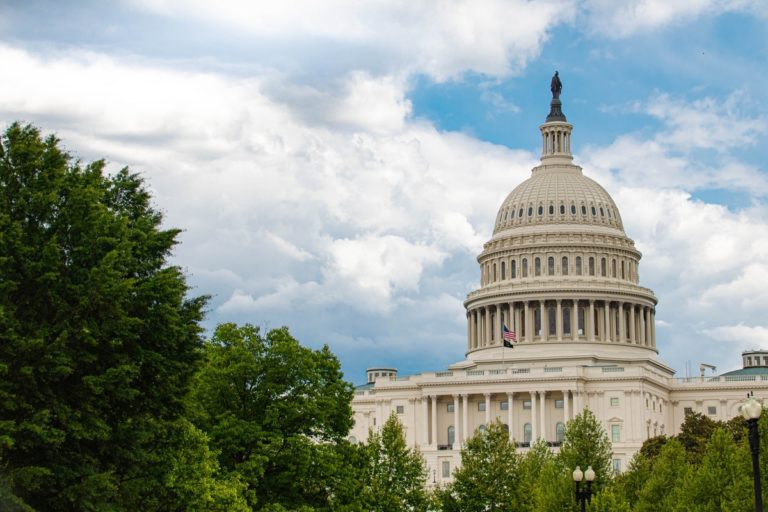In the German legend from the 1500’s, Dr. Faust is said to have made a deal with Mephistopheles, the devil’s wing man, to trade in eternal life for all knowledge and worldly pleasures now. He is derided for having exchanged divine knowledge for human knowledge and comes to the ultimate conclusion according to Goethe’s retell of the story 200 years later that “I do now see that we can nothing know.”
This seems particularly apt for the camp that has long awaited the inflationary pressures of what they call the “money printing” by the keepers of our currency. The thought here is that as more dollars chase goods and services, higher prices will result. After all, that is what the textbook says will happen.
There is Always Another Side…
On the other side of the inflationistas are the deflationists. They have their own brand of hell that results in a large “reset” in prices of everything across the board to rectify the bubble they see in credit in its various forms as this bubble implodes; they dismiss inflation as credit reduction is by definition deflationary.
There are smart people in both camps. Each is well thought out, each has studied history and each comes with fire and brimstone conviction. Each will point to this or that to support their case, or discredit this or that which might appear to be contrary. But all in all, neither has really taken hold; it has been five years.
- Commodity prices have plummeted, negating any earnest inflationary dialogue at least in the present.
- Housing prices have stabilized and in most places risen, negating a primary source of deflation.
- Interest rate spreads between corporate bonds, even junk bonds, are extremely low, indicating no one is really too concerned about not getting their money back. Where is the fear of a credit bubble popping?
We Still Don’t Know Anything?
So what is going on? Are we in some Faustian investment landscape where with all of the bankers, advisors, computers, MBA’s, CFP®’s, CIMA™’s, and CFA’s, not to mention every right wing conversationalist that has the answer to all that ails society as well as the heavy sighs of every left wing “enlightened” with a bumper sticker to prove it, we still don’t know anything?
I read both camps. None are idiots yet their opinions differ widely. If you put a gun to my head I would fall in the deflation camp if only to say deflation first, then perhaps inflation. You can call, write, or come into the office and share ad nauseam why this view is correct or that one is wrong. I will be the first to say that you may very well be right. I understand the logic of both. However, rather than spend significant time sharing (arguing) and rehashing socioeconomic theory that has never been settled, I look at prices.
Prices Tell the Truth
Prices are objective, and they have much to say if you take the time to listen. Faust traded in the gentle whisper of the divine for something tangible today. As investors, it is easy to do the same.
There is and has been a very persistent argument that continues to grow louder between the stock market and the bond market. The stock market, that loud braggadocio and flashy heavy drinker, is booming that inflation is coming. However, it won’t be until next week, so party on for now. It rests confident in its presumption that investors have to own stocks, because they can’t get paid anywhere else. The bond market, which rarely raises its voice, continues to be smug, defiant, and incorrigible in its insistence that deflation will be first. The bond market rarely gets angry, but when it does its rage engulfs and overpowers all else. Few consider any other alternative.
In the meantime, what is one to do? As many of you have already and for some time now heard me say, it is best to play the middle until one or the other begins to manifest itself in true fashion.
Absolute return strategies in general are geared towards just that, and Arbor’s Absolute Return strategy is geared specifically for that. If inflation comes higher, short-term rates will ensue, and we can go back to getting reasonably paid on our savings, short and medium-term CDs, bonds and the like. If deflation ensues, we are in a hedged position to maintain purchasing power, enjoy a modest return and have liquidity to purchase assets at significantly lower prices.
This not to say that we shouldn’t own stocks or bonds. But as we do, let’s be very clear what the risks to each are and not have any false sense of security in either, regardless of past returns.
The events of the past five years have been unprecedented and extraordinary. It is O.K. to let Faust’s ultimate conclusion lead our investment decisions until the effects of this extraordinary period are a bit better understood. Know how much is in the casino and how much is safe out in the car.












